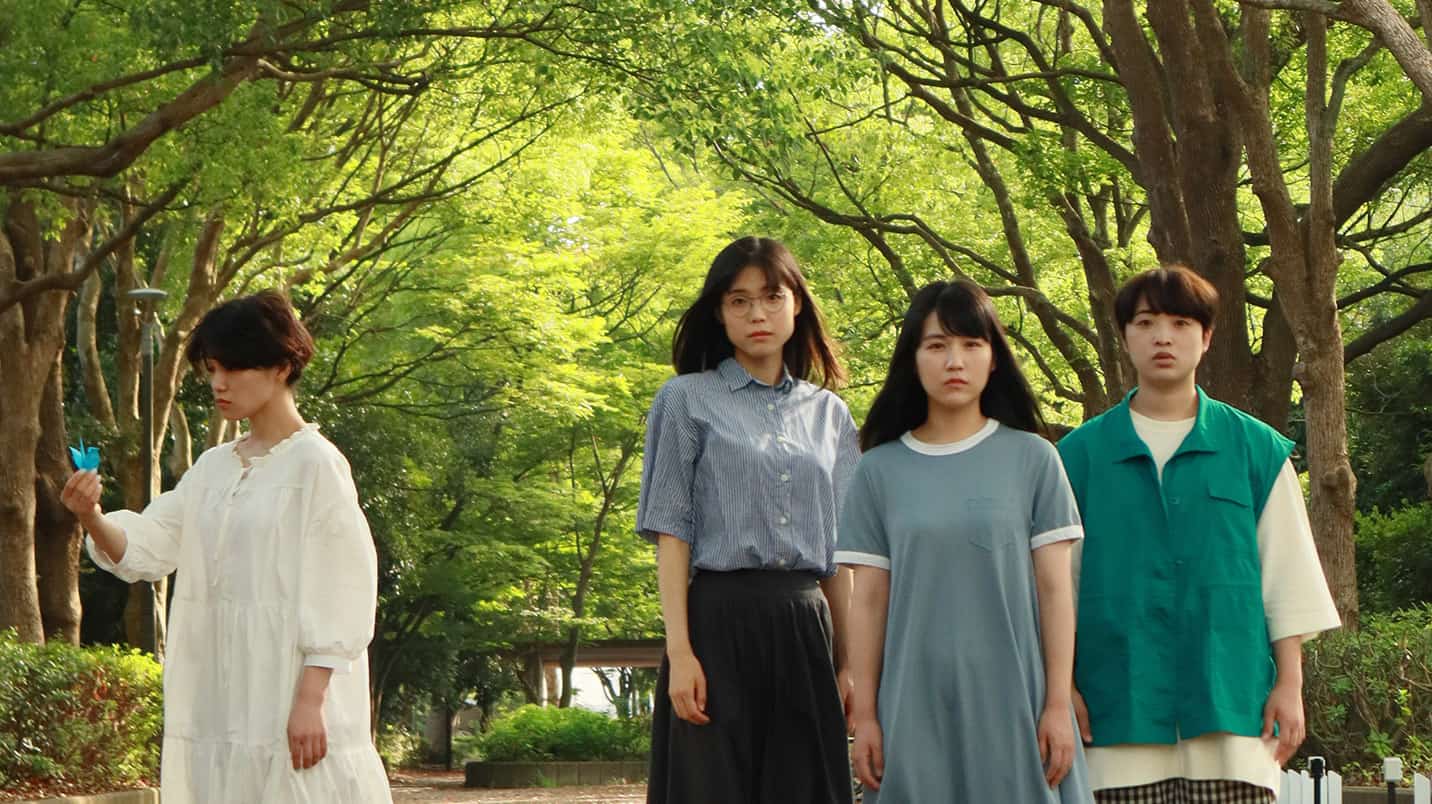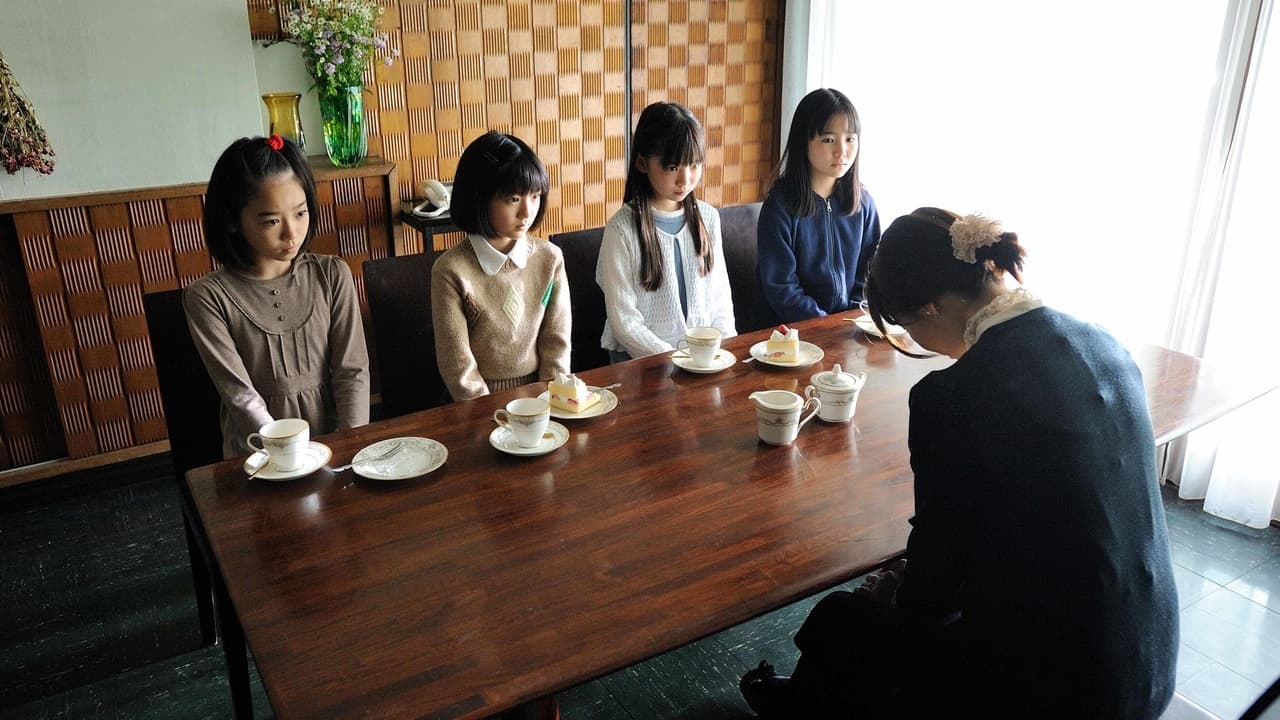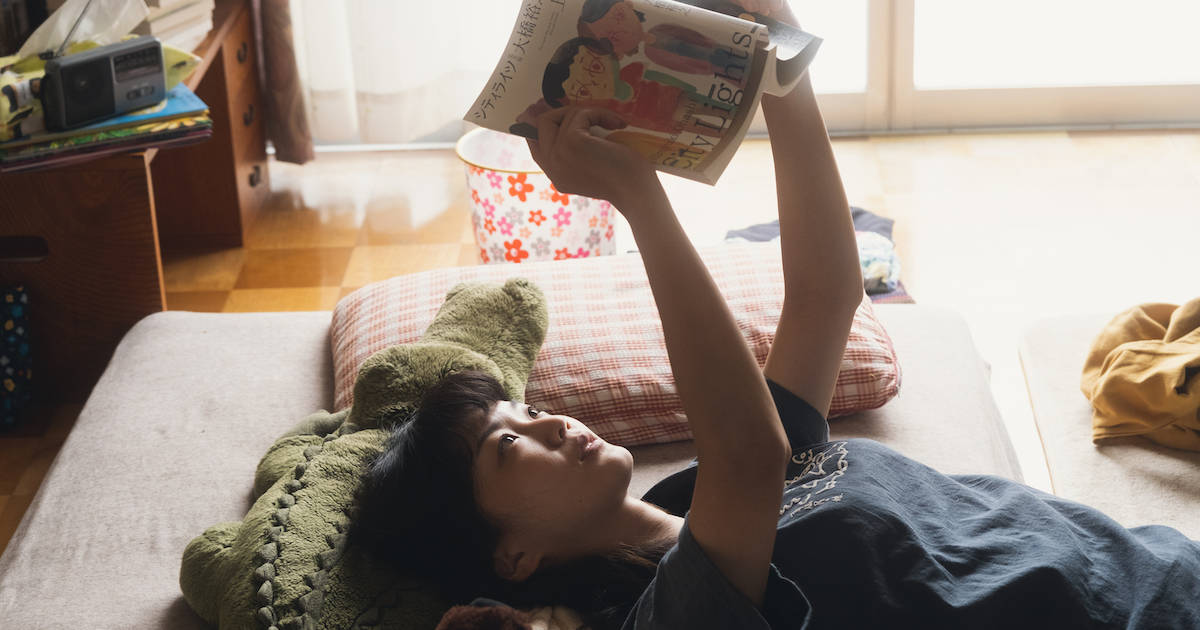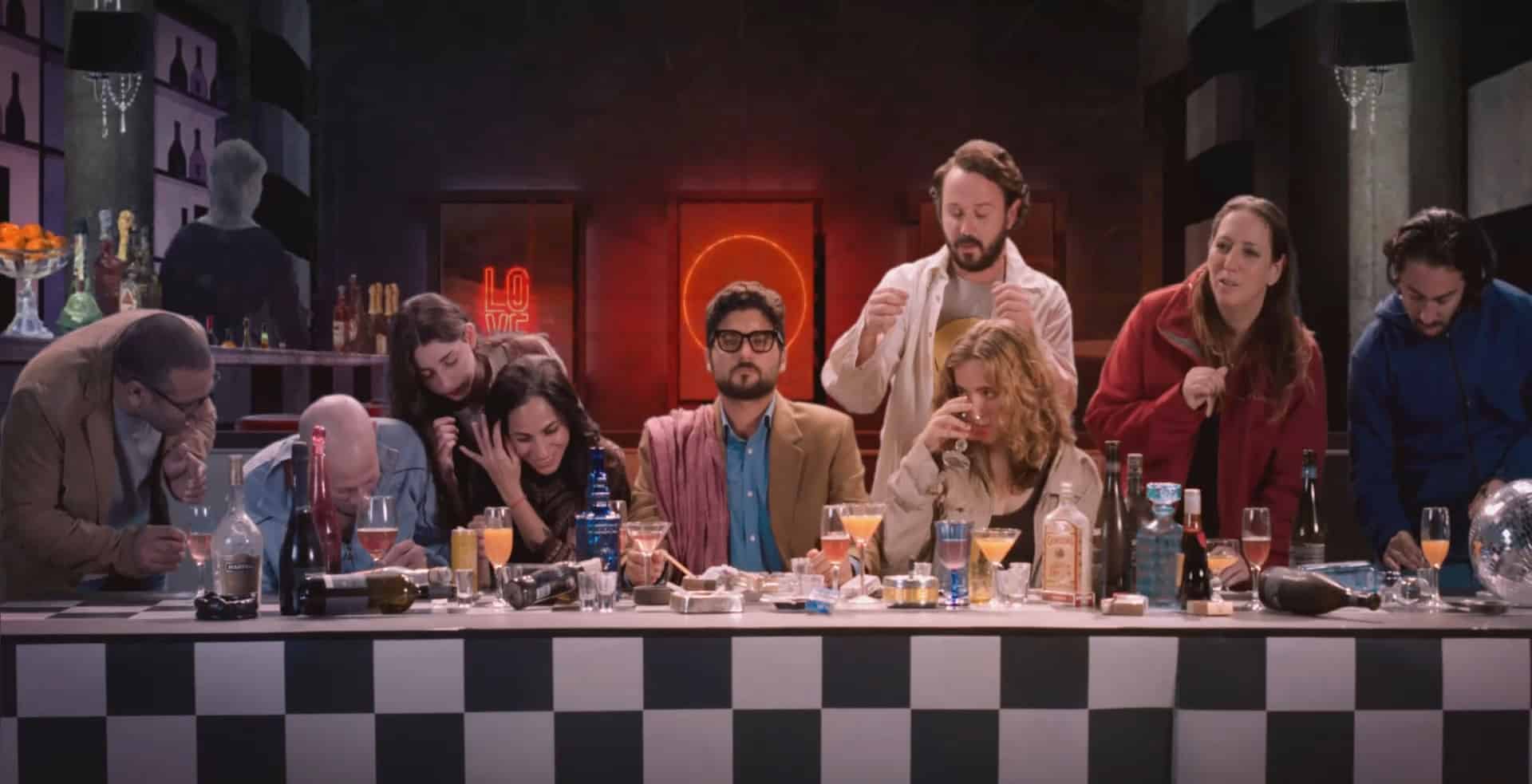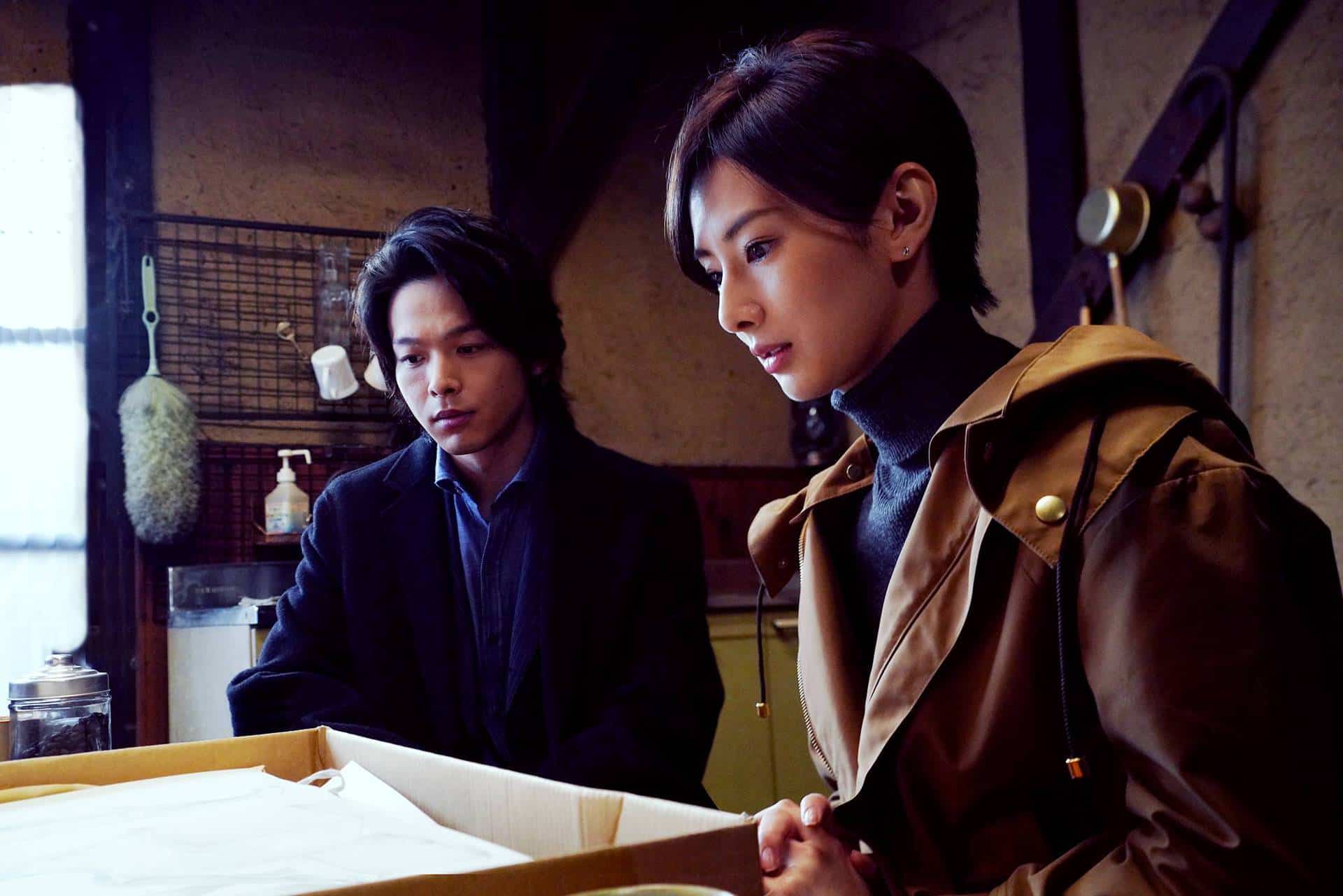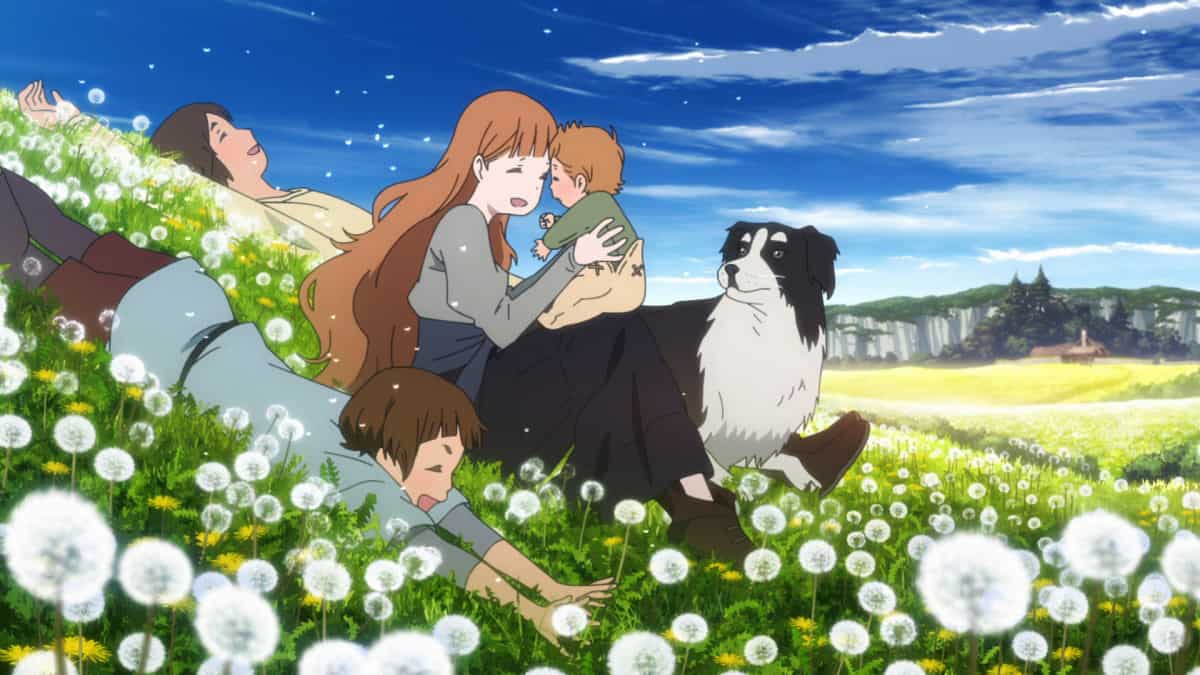By Nigel Goh
With incisive framing, and wit so acerbic you could charm the coat off a hotel clerk, Taiwanese director KEFF has accomplished something wonderful with his film, “Taipei Suicide Story”. As a 45-minute expose of dystopic reality, “Taipei Suicide Story” chronicles the travails of a mercurial hotel concierge clerk whose demeanour cracks when the suicide hotel he works at has an overstaying guest. This takes place in a dystopian reality where guests check in for one night to have the option of suicide. In the morning, janitors arrive to clean up the mess, regardless of whether the guest has chosen that option or not. If you've changed your mind, sure, you can leave.
Now before I lose your attention for what might appear as a review of a Hotel California knock-off, especially so soon after Hungry Ghost Festival, I will qualify it with the fact that in just 45 minutes, “Taipei Suicide Story”is easily the most soul-wrenching film you've seen this past year.
And rightfully so.
Through his film, KEFF incisively dissects the solitude of urban life, emphasising the failure of intimacy through its cinematography and its masterful choreography. With its Renoir-like framing, the film's frames brim with dozens of social rules that come to life in the expanses of the space the camera depicts. Crossing from one world to another (not only on camera, but also narratively) the hotel's denizens are aware of their status as conveyors of death. Multiple planes of action work away at revealing the space of the hotel, as the sparse budget hotel furnishings peel back to show an indifferent staff clearing up debris. Even when confronted with death, and the gruesome ends the guests face, their indifference is incredible. Beyond the required funerary rites, the custodians don't rush to give the deceased dignity, but rather rummage through the belongings left behind, even commenting with some glee when someone's fur coat can't fit them. We even see a bit of gallows humour poking through, as a supervisor chastises one of his underlings for not clocking in properly, just as his colleagues cut someone down from a rope on the ceiling.
It gets worse. When protagonist, Zhi-Hao, the concierge of the hotel, deals with a reluctant guest who changes his mind about suicide, his canned replies fresh out of the millennium-old customer service handbook emphasise the verve with which he enjoys his job. With eye-rolling monotone bound to make even the most resolute of customer service veterans cringe, Zhi-Hao chases people away with his sheer apathy.
But can you blame him? When Zhi-Hao is notified that there might be a guest, Jun-Ting (played by the inimitable Sung Yuhua) who's stayed more than the mandated night, his steely composure is shattered, revealing someone deeply ill, at ease with the life he's adopted. His parents tell their friends that he works at a five-star hotel. Someone even remarks later, “You can't be disappointed when you have no expectations in the first place.” With modern life sucking the life out of everything in soulless routine, the film's most stunning critique is of the society that it exists on the fringes of. Kept bound to the cloud of social expectations, Zhi-Hao isn't even proud of the life he's eked out on the fringes of ‘respectable' society. It's in the midst of all these strands that realigns the camera to the phenomenon of “lying flat”, recently coming into the vernacular as a reaction to a Frankenstein of cutthroat corporate politic, crushing costs of living and the burden of familial expectations. Preternaturally anticipating the phenomenon that emerged in the aftermath of a COVID-caused East Asian labour crunch, “Taipei Suicide Story” reveals the plights of the droves of the young adults left behind by the KPIs, 996s and Gantt charts. Intense loneliness has driven many to end the cycle they live in once and for all, with breakneck notions of progress being the foundation for how people live.
Tight social commentary aside, KEFF's glacial camerawork is equally cutting. Resisting the impulse of closeup shots, “Taipei Suicide Story” rewards a patient viewer with its plodding mediums that explore the emotionality of Zhi-Hao, as he spills his interiority, keeping perspective squarely on the masterful acting. It doesn't stop for a second, as you feel heartbreak after heartbreak, and a friendship begins to blossom over the film. Any pretence of detachment gets abandoned by the end not only for the concierge and us, and it makes the film more beautiful because of its synergy with cinematography.Using only two closeups by the end, KEFF's framing of Tender Huang's performance genuinely knocks it out of the park with its midnight soliloquies. With intimacy just oozing from every uttered syllable, you can almost hear Zhi-Hao's heart breaking through in every syllable. A scene comes to mind – where we see Zhi-Hao seeing someone not knowing if they'd stick around, and throughout the entire encounter, the bottom half of his face is entirely framed by the camera. It's not even a close-up and yet, emotion oozes from his camera presence, even from the smallest twitch.
Perhaps the beauty of the film then comes from what's unsaid, the invisible in the film rather than the obvious. Humour and good old human interaction always take precedent, and KEFF's film never shies away from the darker, colder aspects of the overarching narrative. There is a limit, a temporal one, and something inescapable in Zhi-Hao and Jun-Ting's roles as host and guest. Any moment between them is cherished, and even then, measured by the one-night stay of the suicide hotel. By doing so, the film remains focused entirely on the relationship between Zhi-Hao and Jun-Ting — if the inevitable truth of their circumstances is ever present, can we really live in the reality that separates and punishes them for having the slightest hint of humanity?
I say we can't – how about you?




